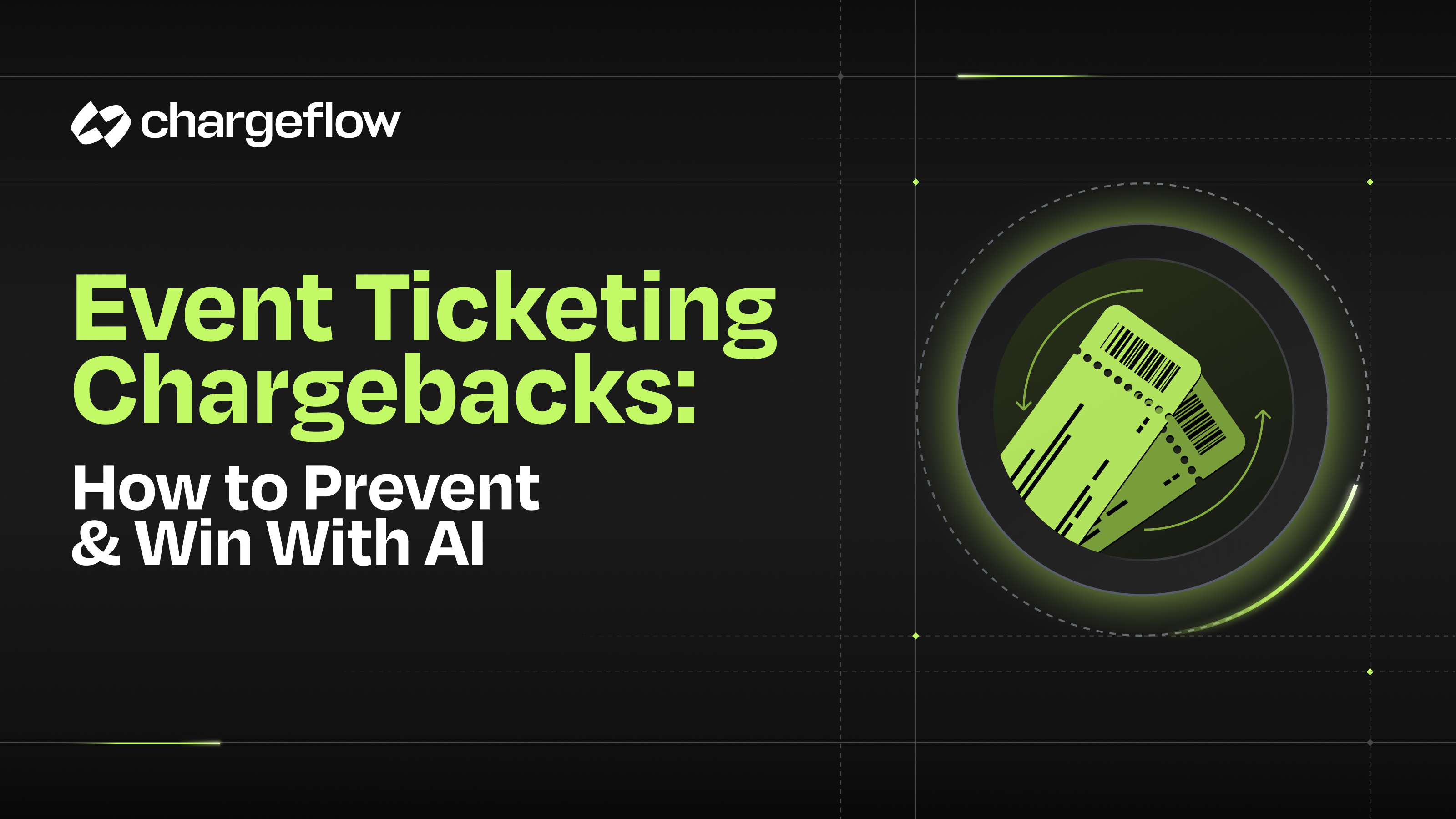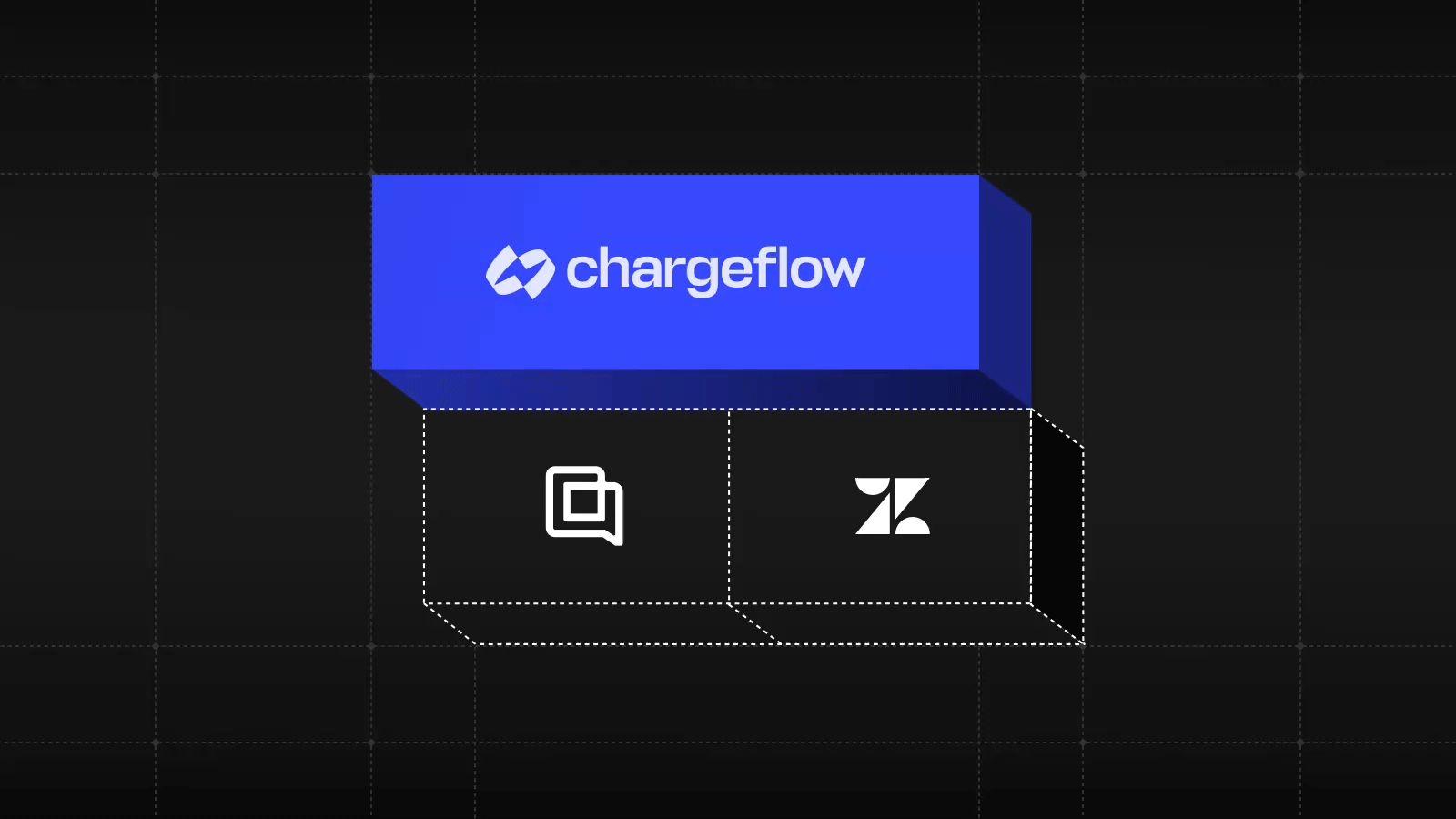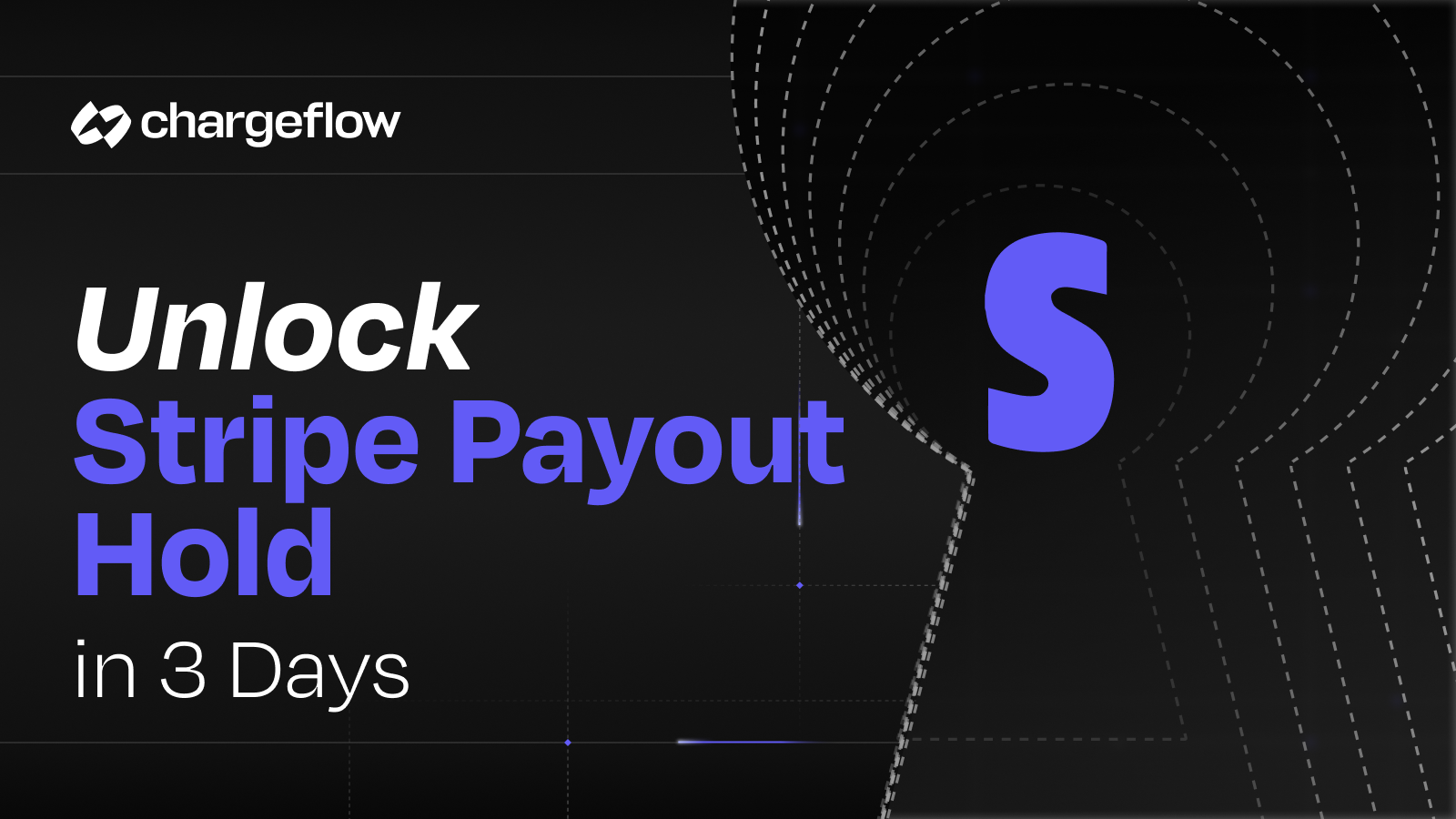Unraveling the Maze: A Guide to Chargeback Laws and Your Rights

Chargebacks?
No longer your problem.
Recover 4x more chargebacks and prevent up to 90% of incoming ones, powered by AI and a global network of 15,000 merchants.
Master chargeback laws as a merchant to protect your business. Gain insights, minimize risks, and ensure fair resolutions for chargeback disputes.
Chargebacks have become an increasingly significant aspect of modern commerce, affecting both consumers and merchants alike. Understanding the basics of chargebacks and the laws surrounding them is essential for anyone involved in financial transactions. This comprehensive guide aims to unravel the complexities of chargeback laws, empowering you with knowledge about your rights and obligations.
For cardholders, we will discuss your rights and protections, providing insights into the grounds for initiating a chargeback and your responsibilities in the process. Merchants will gain valuable insights into chargeback liability, distinguishing it from fraud and discovering strategies to minimize risks.
We will examine chargeback regulations in specific regions, such as the United States and the European Union, exploring the role of relevant legislation and consumer protections. Additionally, we will touch upon chargeback laws in other major markets like Canada, Australia, and Asia.
Prepare yourself for an informative journey through the intricate world of chargeback laws, as we equip you with the knowledge and understanding needed to navigate this complex landscape.
Chargeback Laws: A Global Perspective
In today's interconnected world, understanding chargeback laws from a global perspective is crucial for both merchants and cardholders. Jurisdictional variances exist, and different countries have distinct regulations governing chargebacks. Let's explore some key aspects of chargeback laws worldwide.
Jurisdictional Variances in Chargeback Regulations
Chargeback regulations can vary significantly from one country to another. Each jurisdiction may have its own set of laws, guidelines, and industry standards governing the chargeback process. It is important for both merchants and cardholders to be aware of these variances to ensure compliance and protection of their rights.
Chargeback Rights for Cardholders
When it comes to chargebacks, cardholders are granted specific rights and protections to ensure fair and secure transactions. Understanding these rights is crucial for effectively resolving disputes and safeguarding your interests. Here's a concise overview of the chargeback rights available to you as a cardholder:
- Right to Dispute: As a cardholder, you have the right to dispute a transaction and initiate a chargeback if you believe there has been an error or unauthorized use of your card. This provides you with a powerful tool to protect yourself against fraudulent activity and unauthorized charges.
- Grounds for Chargebacks: Chargebacks can be initiated on various grounds, including non-delivery of goods or services, defective products, unauthorized transactions, and billing errors. If you encounter any of these issues, you have the right to request a chargeback and seek a refund.
- Prompt Investigation: Upon initiating a chargeback, your issuing bank is obligated to promptly investigate the dispute. They will examine the evidence provided by both parties involved and make a fair determination based on the circumstances. This ensures a transparent and impartial resolution process.
- Temporary Crediting: While the chargeback is being investigated, your issuing bank may provide you with a temporary credit for the disputed amount. This temporary crediting helps alleviate any immediate financial burden and provides you with some peace of mind during the investigation period.
- Chargeback Timeframes: Chargeback regulations typically outline specific timeframes within which you must initiate a chargeback after identifying a problem. It is essential to be aware of these timeframes and take prompt action to exercise your chargeback rights effectively.
- Cardholder Obligations: To strengthen your position in a chargeback dispute, you have certain obligations as a cardholder. These include making a good faith effort to resolve the issue with the merchant directly before initiating a chargeback and providing all necessary supporting documentation or evidence to substantiate your claim.
- Refund and Recovery: If your chargeback is successful, you are entitled to receive a refund for the disputed amount. In some cases, the merchant may be given an opportunity to challenge the chargeback decision. However, if the chargeback ruling remains in your favor, you can be confident in your ability to recover the funds.
Understanding your chargeback rights empowers you to take action when faced with fraudulent charges, billing errors, or unsatisfactory purchases. By staying informed and adhering to the necessary procedures, you can effectively protect yourself as a cardholder and maintain confidence in the payment system.
Merchant's Perspective: Understanding Chargeback Liability
Chargebacks can have a significant impact on merchants, both financially and operationally. It is crucial for merchants to understand chargeback liability and take proactive measures to minimize their occurrence. Let's delve into the key aspects of chargeback liability from a merchant's perspective.
1. The Impact of Chargebacks on Merchants
Chargebacks can result in financial losses for merchants. When a chargeback is initiated, the merchant is usually required to refund the transaction amount, along with additional chargeback fees imposed by the acquiring bank. In some cases, merchants may also face penalties or fines if chargeback thresholds exceed acceptable limits.
Beyond the financial implications, chargebacks can disrupt normal business operations. Merchants need to allocate resources and time to handle chargeback disputes, gather evidence, and engage in the dispute resolution process. This can divert attention from core business activities and strain merchant-customer relationships.
2. Differentiating between Chargeback Liability and Fraud
Understanding the distinction between chargeback liability and fraud is essential for merchants. Chargeback liability refers to situations where a cardholder disputes a legitimate transaction, typically due to dissatisfaction with the product or service, billing errors, or misunderstandings. On the other hand, fraud involves unauthorized transactions or instances where stolen card information is used without the card holder's consent.
Merchants must be able to identify whether a chargeback is a result of genuine customer concerns or fraudulent activity. By analyzing transaction data, customer behavior patterns, and implementing fraud detection tools, merchants can better assess the validity of chargeback claims and take appropriate actions.
Chargeback Regulations in the United States
Chargeback laws in the United States provide important protections for both consumers and merchants involved in payment disputes. Understanding these regulations is essential for merchants to effectively navigate chargeback processes and ensure compliance. Here's an overview of the chargeback regulations in the U.S.:
1. The Fair Credit Billing Act (FCBA)
The FCBA is a federal law that sets the foundation for chargeback regulations in the U.S. It outlines consumer rights and the procedures for resolving billing errors, including unauthorized charges and goods not received.
2. Regulations and Consumer Protections
In addition to the FCBA, various regulations and protections exist at both the federal and state levels. These include the Electronic Fund Transfer Act (EFTA) and the Truth in Lending Act (TILA), which provide further guidelines and safeguards for consumers.
3. Chargeback Reason Codes
Chargebacks in the U.S. are typically categorized using reason codes, which indicate the basis for the cardholder's dispute. Common reason codes include fraud, non-receipt of goods or services, and processing errors.
4. Notification and Response Timelines
Merchants must be aware of the timeframes outlined by card networks, such as Visa and Mastercard, for responding to chargeback notifications. Promptly addressing chargebacks is crucial to avoid forfeiting the opportunity to dispute a claim.
5. Representment and Arbitration
If a chargeback dispute escalates, merchants have the option to engage in representment, which involves presenting evidence to the card network to reverse the chargeback. In some cases, arbitration through a chargeback arbitration organization may be necessary for resolution.
6. Consequences of Excessive Chargebacks
Excessive chargebacks can have serious consequences for merchants, including financial penalties, increased processing fees, and reputational damage. It is important for businesses to actively manage and minimize chargebacks to maintain healthy payment processing relationships.
Understanding the chargeback regulations in the United States empowers merchants to navigate payment disputes effectively and protect their rights. By staying informed and implementing appropriate mitigation strategies, businesses can maintain a fair and secure payment ecosystem for both themselves and their customers.
Chargeback Regulations in the European Union
Chargeback laws in the European Union (EU) are designed to protect consumers and ensure fair transactions between cardholders and merchants. The EU has implemented regulations that establish guidelines for chargebacks and provide rights and responsibilities for both parties involved. Here's an overview of chargeback regulations in the EU:
- Payment Services Directive (PSD2): The Payment Services Directive is a key regulation that governs electronic payment services within the EU. It aims to enhance consumer protection, promote competition, and increase the security of payment transactions. Under PSD2, cardholders have the right to request chargebacks in cases of unauthorized transactions, non-delivery of goods or services, or defective products.
- Consumer Rights: Chargeback regulations in the EU prioritize consumer rights. If a cardholder believes that a transaction is unauthorized or fraudulent, they have the right to initiate a chargeback within a specified time frame. This empowers consumers to dispute transactions and receive a refund when necessary.
- Merchant Obligations: EU chargeback regulations also impose obligations on merchants. Merchants are expected to maintain proper documentation and evidence of transactions, respond promptly to chargeback requests, and cooperate with cardholders' banks during the dispute process. Failure to comply with these obligations can result in penalties and financial liabilities for the merchant.
- Chargeback Timeframes: In the EU, chargeback time frames vary depending on the specific regulation and payment method used. Generally, cardholders are required to notify their bank within a specific period after discovering the unauthorized or disputed transaction. The bank then has a defined timeframe to investigate the claim and initiate the chargeback process.
- Dispute Resolution: In case of chargeback disputes between cardholders and merchants, the EU provides mechanisms for resolution. These may include mediation or arbitration services to facilitate a fair and unbiased resolution. The goal is to ensure that disputes are handled efficiently, with proper consideration given to the rights and interests of both parties.
It is essential for merchants operating within the EU to understand and comply with the chargeback regulations specific to the region. By doing so, they can protect their business interests while maintaining a fair and transparent relationship with their customers.
Remember, staying informed about chargeback regulations in the EU is crucial for merchants and cardholders alike. By being aware of your rights and obligations, you can navigate chargeback disputes effectively and contribute to a secure and trustworthy payment ecosystem in the European Union.
Prevent Chargebacks with Chargeflow
Chargebacks are a major problem for eCommerce merchants. They can cost merchants a lot of money in fees, and they can also damage their reputation. Chargeflow is a chargeback management solution that can help merchants prevent chargebacks and win chargeback disputes.
Chargeflow uses a variety of methods to prevent chargebacks, including:
- Chargeback prevention: Chargeflow provides merchants with tools to help them prevent chargebacks from occurring. These tools include chargeback prevention policies, chargeback prevention training, and chargeback prevention support.
- Chargeback dispute management: Chargeflow provides merchants with tools to help them manage chargeback disputes. These tools include chargeback dispute templates, chargeback dispute support, and chargeback dispute reporting.
Chargeflow is a valuable tool for eCommerce merchants who want to prevent chargebacks and win chargeback disputes. It is a comprehensive solution that offers a variety of features to help merchants protect their business from chargebacks.
Here are some of the benefits of using Chargeflow:
- Reduces the number of chargebacks received: Chargeflow's fraud prevention tools and chargeback prevention policies can help merchants to reduce the number of chargebacks they receive.
- Increases the amount of chargebacks won: Chargeflow's chargeback dispute management tools can help merchants to increase the amount of chargebacks they win.
- Saves time and money: Chargeflow's automated chargeback management system can save merchants time and money.
- Provides peace of mind: Chargeflow's comprehensive chargeback management solution can give merchants peace of mind knowing that they are doing everything they can to prevent chargebacks and win chargeback disputes.
If you are an eCommerce merchant, we recommend checking out Chargeflow. It is a powerful tool that assist you protect your business from chargebacks.

Chargebacks?
No longer your problem.
Recover 4x more chargebacks and prevent up to 90% of incoming ones, powered by AI and a global network of 15,000 merchants.






























.png)








